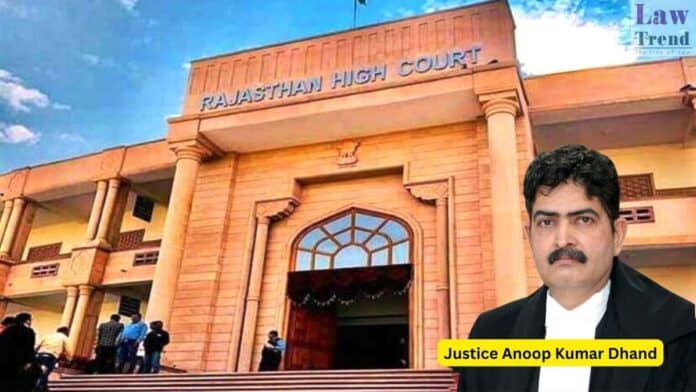The Rajasthan High Court, in a landmark decision delivered by Justice Anoop Kumar Dhand, ruled that Section 143A of the Negotiable Instruments Act, 1881, which empowers courts to direct interim compensation in cheque dishonor cases, applies prospectively and cannot be applied to cases filed before its introduction on September 1, 2018. The court emphasized that
To Read More Please Subscribe to VIP Membership for Unlimited Access to All the Articles, Download Available Copies of Judgments/Order, Acess to Central/State Bare Acts, Advertisement Free Content, Access to More than 4000 Legal Drafts( Readymade Editable Formats of Suits, Petitions, Writs, Legal Notices, Divorce Petitions, 138 Notices, Bail Applications etc.) in Hindi and English.




